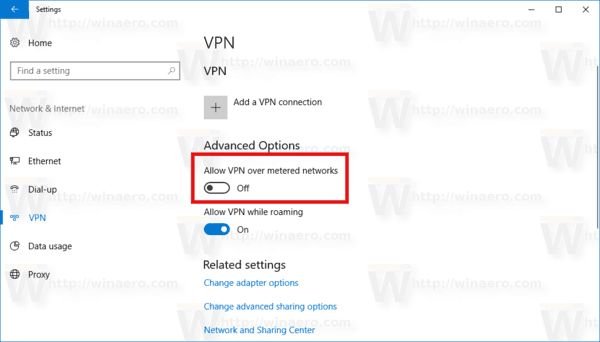


You may want to check out our guide on working from home as well, with tech tips and general setup considerations from our extensive personal experience in home offices.įor the most part, VPN connections are handled by custom software such as the many consumer VPN services we’ve reviewed, or by third-party generic software such as the OpenVPN client or Cisco An圜onnect. Now that so many people are thrust into working from home due to the coronoavirus pandemic, we’ve confirmed that this procedure is up-to-date and working as described. The two most common use cases are consumer VPN services that allow individuals to surf privately from home or a public setting, and business-oriented solutions that allow employees to securely connect to a corporate network remotely. The main benefit is that you can secure your entire home network by installing a VPN on a single router. Should I use a VPN on a router Using a VPN on a router has some pros and cons. This protects the data from being seen or tampered with by bad actors. However, oppressive regimes like China don’t allow VPN usage unless it’s a state-sponsored VPN provider. VPN (virtual private network) technology lets a computer using a public internet connection join a private network by way of a secure “tunnel” between that machine and the network.


 0 kommentar(er)
0 kommentar(er)
